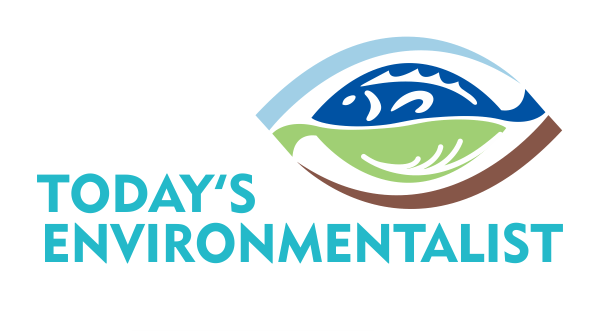New report finds most schemes failing to achieve any protection for the environment. Many certification schemes which supposedly help consumers make environmentally friendly decisions are actually standing in the way of greater sustainability and should undergo serious reform, according to a new report.
The findings come in new research from the Changing Markets Foundation, which investigated whether voluntary certification schemes for seafood, textiles and palm oil are accurately guiding consumers towards sustainable products. In the vast majority of cases, the evidence of schemes’ benefits was lacking, while the report revealed many cases in which they provided cover for companies that are destroying the environment.
“Certification schemes are failing the environment and consumers, who increasingly want to make ethical and sustainable choices. It’s time for a serious rethink about how we achieve sustainability because the current system is broken,” said Nusa Urbancic, Campaigns Director at Changing Markets.
The report investigated an array of voluntary initiatives that provide a company, product or service with a sustainability endorsement, ranging from product labels (such as the Marine Stewardship Council label for sustainable fish) to industry-wide initiatives aiming to improve the environmental performance of a sector as a whole (such as the Higg Index in textiles). The report concludes that the schemes are so focused on getting a majority of industry players on board, or meeting the growing demand for certified products, that they have to lower their standards on sustainability.
“The main conclusion of this report is that certification has lost its way and that its contribution to creating a more sustainable world is minute,” says the report, which calls for the abolition of the worst certification schemes in the three sectors and the serious reform of others, based on the principles of transparency, independence, holistic approach and continuous improvements. The report also warns that voluntary certification schemes should not replace strong governmental and international regulations.
Palm oil
Palm oil is now estimated to be present in half of all supermarket products and a third of all biodiesel burned in cars and trucks in the EU, but production is one of the leading drivers of deforestation, greenhouse gas emissions and loss of habitat for endangered species such as orangutans, elephants and rhinos. The report says that none of the certification schemes has been effective at slowing down deforestation, peatland draining or the loss of biodiversity.
Fishing
Industrial fishing has devastated the ocean: nearly 90% of global fish stocks are either fully fished or overfished. Two of the biggest certification schemes for sustainable fish, run by Friends of the Sea and the Marine Stewardship Council, certified over 9 million metric tonnes of fish each, in 2015. But the report finds that both organisations have certified fisheries which are overfished, have very high levels of by-catch and in some cases are at odds with national legislation.
Textiles
The textile industry uses a quarter of the world’s chemicals and has been blamed for 20% of industrial water pollution, making it the second biggest polluter of freshwater on the planet. The report finds that despite the proliferation of certification initiatives there is no overarching scheme effectively addressing sustainability across the whole supply chain, and there is an acute lack of transparency in some of the most widely used schemes.
The main recommendations of the report are that:
• The worst schemes in the three sectors examined should be abolished because they are leading to confusion and “label shopping”, which waters down the ambition of certification in general.
• Certification schemes should be ambitious and not develop different modules with differing requirements to satisfy the priorities of different companies.
• Most schemes should become more comprehensive and aim to cover the whole lifecycle of the product
• Schemes must be selective about their membership, with high entry requirements.
• Reform should be based on transparency, independence, a holistic approach with high traceability, and a drive for continuous improvement.
In the absence of good certification schemes, governments, companies and consumers can take actions to further sustainability such as: prioritizing small scale sustainable fisheries; establishing and enforcing marine reserves and science-based fishing quotas; introducing a moratorium on deforestation and peat land draining in the palm oil sector and establishing zero pollution policies and greater supply chain transparency in the textile sector, for example through application of due diligence legislation.
Further information
About the Changing Markets Foundation
The Changing Markets Foundation partners with NGOs on market-focused campaigns. Our mission is to expose irresponsible corporate practices and drive change towards a more sustainable economy. www.changingmarkets.org / @ChangingMarkets
About the report
The report, entitled The False Promise of Certification: how certification is hindering sustainability in the textiles, palm oil and fisheries industries, is based on qualitative research into the identified schemes, interviews with NGO experts and an extensive review of the academic literature. It is available at https://changingmarkets.org/








